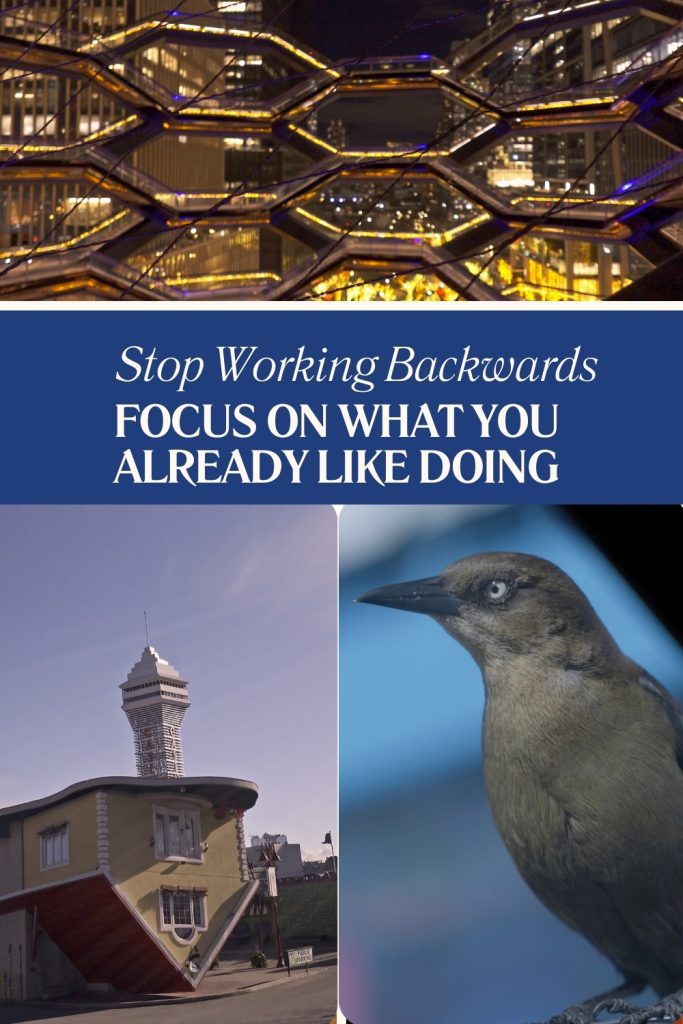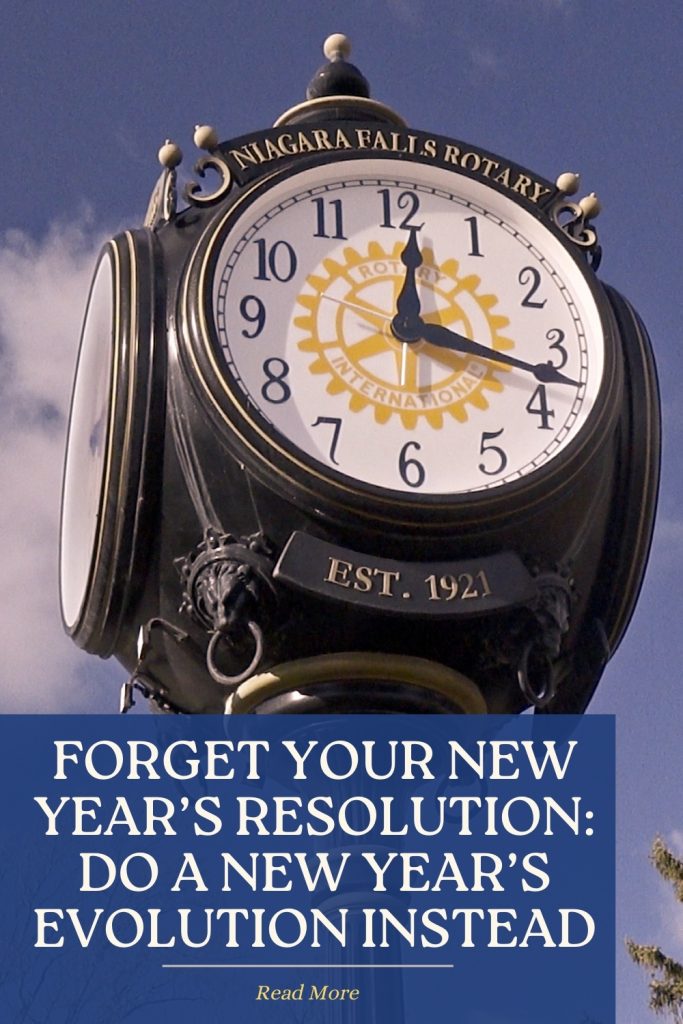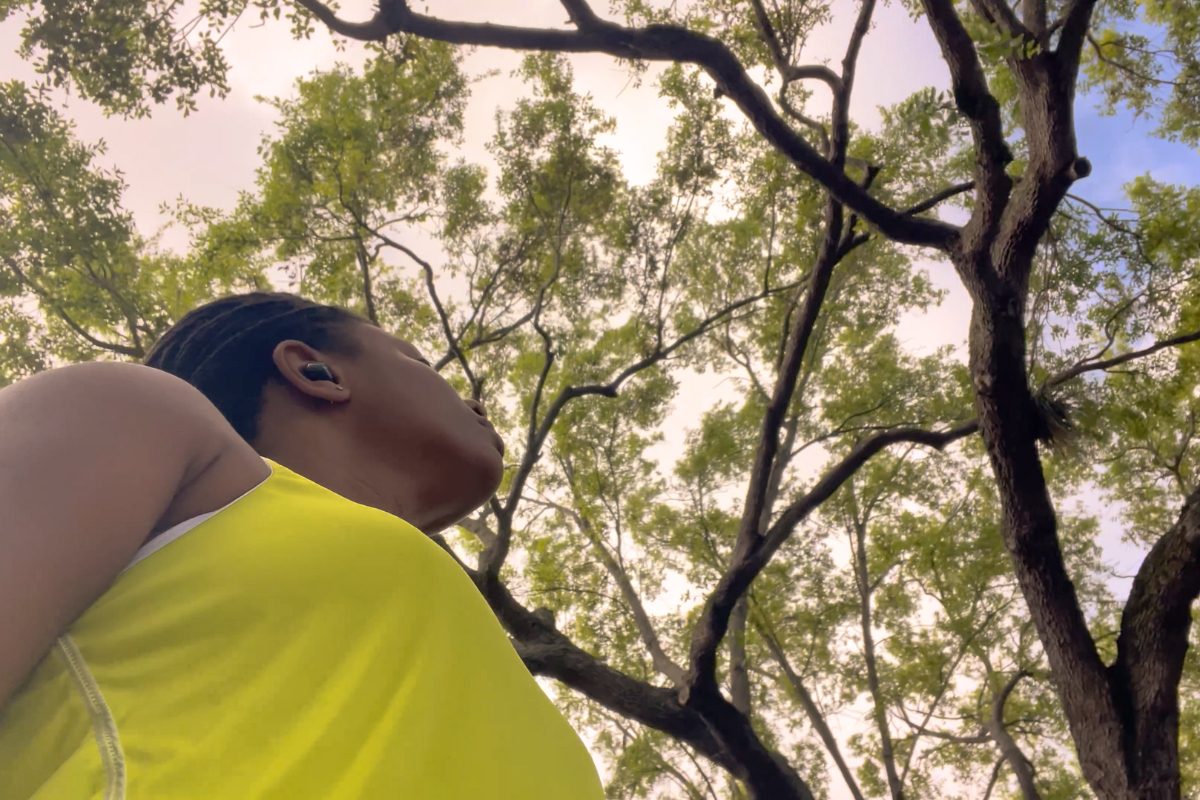Every year, millions of people commit to New Year’s resolutions that often feel forced, foreign, and unattainable. Instead, I’m proposing a New Year’s Evolution. It’s a more mindful approach to growth—one where you analyze your existing skills and interests and focus on doing more of what you already love, rather than forcing yourself into unfamiliar habits.
Interested to know more? Keep reading.
How many times have you forgotten about the New Year’s Resolutions that you swore you’d stick to?
If you have, you’re not alone. A lot of people forget all about their resolutions by the time mid-February comes around. Studies show that around 88% of people fail in the first two weeks of January!
That’s a lot of people trying to force a completely new life without considering what their current life already looks like or what they genuinely enjoy doing.
The problem isn’t a lack of discipline or willpower. It’s the approach. Traditional resolutions often ask us to overhaul our lives in ways that don’t feel natural. We’re told to “work harder” or “push past our limits,” but rarely are we encouraged to reflect on what’s already working in our lives.
There’s actually a better way—and it starts by embracing evolution instead of revolution.
- The Start of the Evolution
- Why Most Resolutions Fail
- Do This Instead
- The Benefits of Evolution, Not Revolution
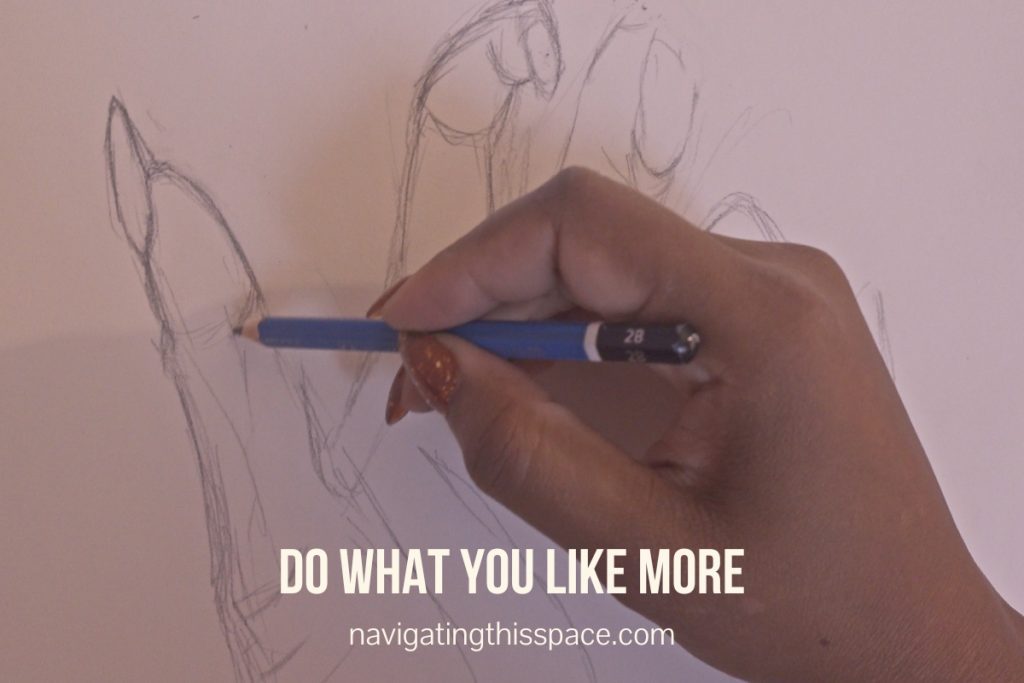
The Start of the Evolution
I’ve been observing the things I love doing, the things I want to get better at, and the things I’d love to start. But instead of overhauling my life to make those things work, I’ve been focusing on what I’m already doing and finding ways to amplify them.
A prime example of this amplification would be my quest to improve my drawings to look more realistic. This is an amplification because:
- I already love drawing and want to draw more.
- Learning the basics of drawing was something that always intrigued me.
- I want to overcome the initial block I get whenever I’m starting a new project.
Compare this to the alternative: Learn pottery—just because it looks cool—even though I despise my hands being dirty. It’s obvious which choice is more likely to make it through the entire year and not fail in the first two weeks.

Why Most Resolutions Fail
The biggest mistake people make every year is creating elaborate lists of things they think they should do—not because they want to, but because someone else said they should. This leads to burnout, frustration, and ultimately, abandoning the goal altogether.
Please don’t do this. You’ll just be wasting your precious time and staying in the statistics mentioned above.
Let’s build your goals around your natural interests and tendencies. Let’s focus on evolution—incremental changes that feel aligned with who you already are—instead of resolutions that feel like a battle against yourself.

Do This Instead
Grab a blank piece of paper and create two columns.
- In the first column, write down all the things you already enjoy doing. Think about hobbies, skills, or activities that make you feel alive and fulfilled.
- In the second column, write down the natural next level to your chosen thing. For example, if you love cooking, maybe the next step is mastering a specific cuisine or learning how to cook for 10 people instead of only two.
- Pick one or two areas to focus on.
Don’t overwhelm yourself by trying to work on everything at once. It’s best to start small and let your evolution unfold naturally. - Set intentions, not rigid goals.
Instead of saying, “I will exercise every day,” try, “I will find a movement I enjoy and aim to do it more often.” Intentions are flexible and the best part is, they leave room for real life.
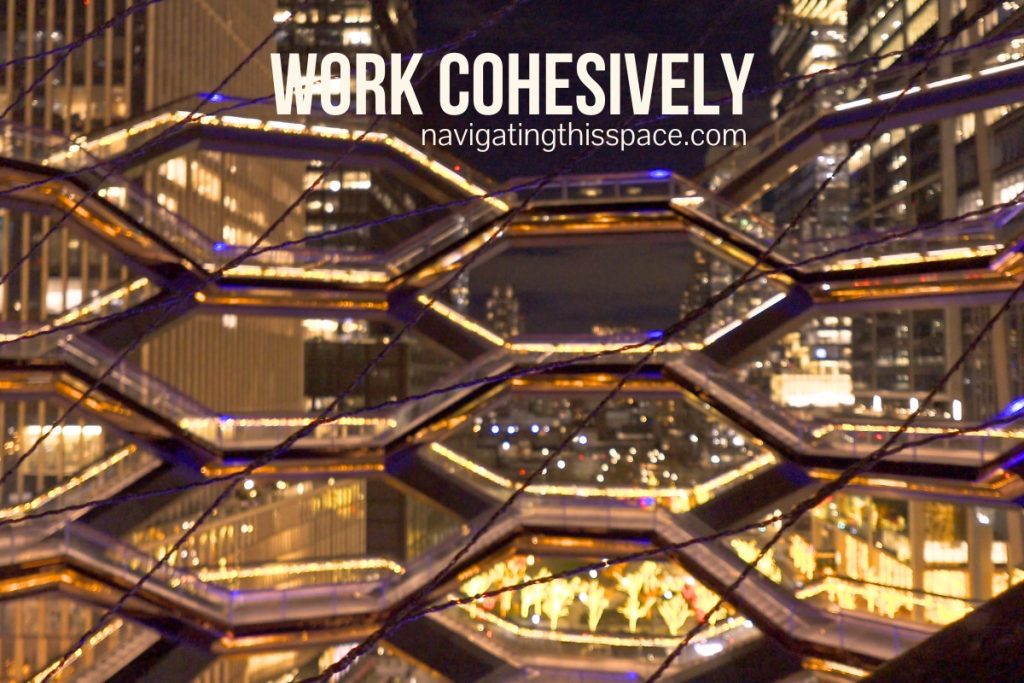
The Benefits of Evolution, Not Revolution
When you choose evolution over resolution, you’re aligning your goals with who you truly are. This has several powerful benefits:
- Sustainability: You’re more likely to stick with goals that feel natural and enjoyable.
- Fulfillment: Building on your passions brings a sense of joy and purpose.
- Resilience: When challenges arise, you’re more motivated to overcome them because you’re working toward something you truly care about.
If you haven’t already, trash the resolutions you made and embrace the evolution process.
Focus on amplifying what you already love, and watch as growth becomes a natural part of your life.
Remember: sustainable progress isn’t about forcing change; it’s about working with your interests and allowing them to guide you to the next level.
So, what’s the first step in your evolution? Take out that piece of paper, make your list, and start focusing on the things you already care about.
If you’re not entirely sure what you care about just yet, don’t worry. I have a guide that will help you to understand yourself better so you can start that focus list to kickstart your evolution, get it here: Have Deeper Conversations With Yourself Guide
Here’s to actual growth this year!
How do I know what areas of my life to focus on for a New Year’s evolution?
Start by reflecting on activities or hobbies that already bring you joy or fulfillment. Make a list of things you enjoy doing and think about how you can expand or amplify them.
Why do most New Year’s resolutions fail?
Most resolutions fail because they are often unrealistic, require drastic lifestyle changes, and don’t align with a person’s existing interests or routines.
How do I handle setbacks in my evolution process?
Setbacks are a natural part of any growth journey. Instead of viewing them as failures, see them as opportunities to learn and adjust.
Can a New Year’s evolution still help me achieve big goals?
Absolutely! A New Year’s evolution emphasizes sustainable progress, which can lead to significant achievements over time. By focusing on small, consistent actions, you can build momentum.
Pin It!
